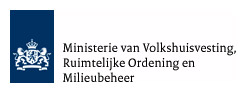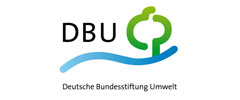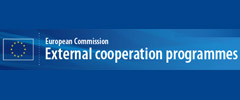Armenia - Socio-Economic and Gender Survey
A survey conducted by WECF and AWHHE as part of the TMF project "Tapping Resources".
15.03.2006

Armenia - Socio-Economic and Gender Survey of Hayanist, Fantan and Dzoraghbyur
As part of the TMF project: “Tapping resources”
by Solomiya Babyak (WECF) and Kitty Bentvelsen (FEM-CONSULT), 2005
Introduction
Starting from the late 1980s Armenia came through many hardships. First of all, the devastating earthquake in 1988 with its epicentre in the north-west of the country took many lives and destroyed livelihoods, houses and infrastructure. Secondly, the collapse of the Soviet Union in the early 1990s caused huge economic disruption which lead to the closure of big industrial and military enterprises.
And last but not least, there was the impact of the war with Azerbaijan over Nagorno-Karabakh which involved open hostilities between 1992 and 1994 and now has the status of a frozen conflict. As a result, the relationships with neighbouring countries were (and still are) paralysed with the borders with Azerbaijan and Turkey still remaining closed. The isolation has a dramatic impact on transportation, energy supply and country’s overall economy. In the mid-nineties the population of Armenia went through winters of severe hardship.
The loss of the Azeri population combined with the influx of large numbers of Armenian refugees from the enclave further complicated the economic situation and the management of livelihoods. According to the Poverty and Social Impact Analysis (2003) poverty in Armenia is widespread with 54% of the population having consumption levels below the poverty line of 2 USD per day (i.e. poverty line for countries with cold climates, see page 2).
In 2005 the leading Armenian NGO “Armenian Women for Health and Healthy Environment” (AWHHE) in partnership with Women in Europe for a Common Future (WECF, the Netherlands) started the TMF project “Tapping resources” in Armenia, see 1.1 below.
This report presents the findings of three short surveys conducted in February and March 2005 in the three project villages. The objective of the survey was to gain more insight in the socio-economic and gender situation of the villages in order to facilitate appropriate implementation of the project activities.
































